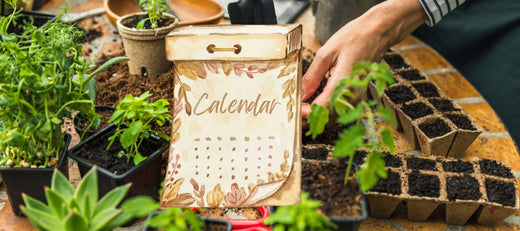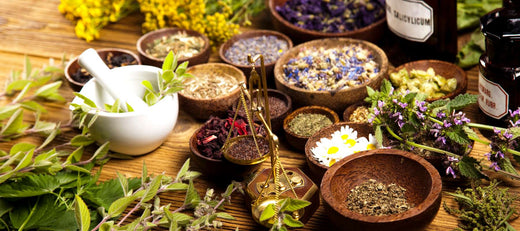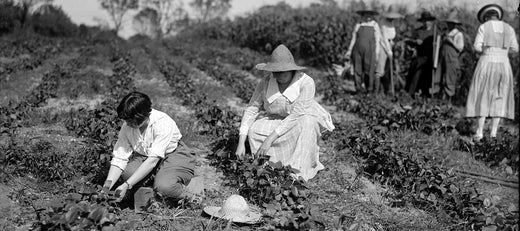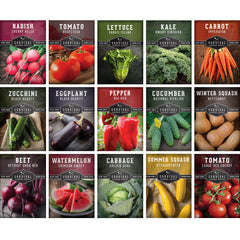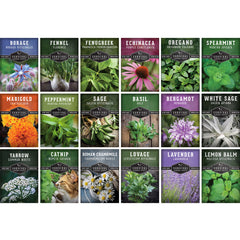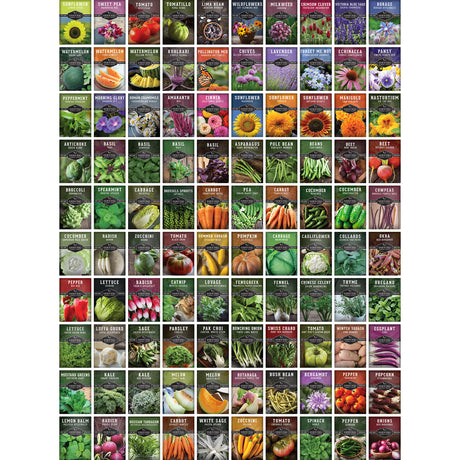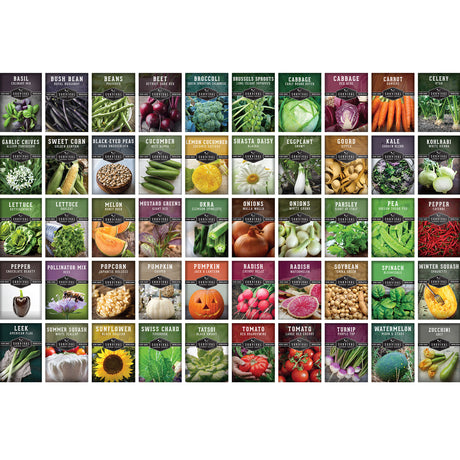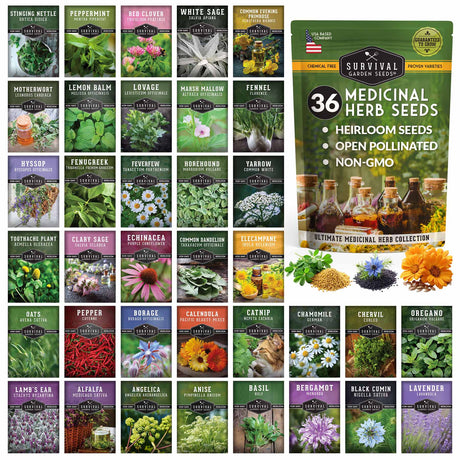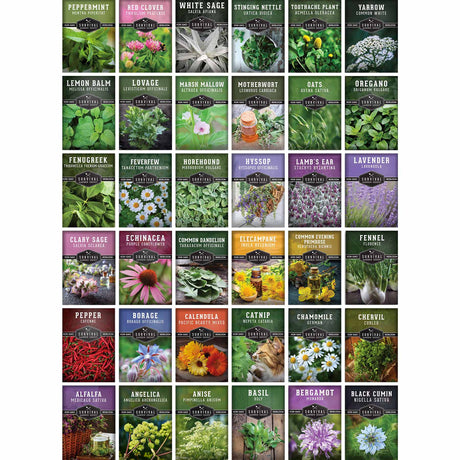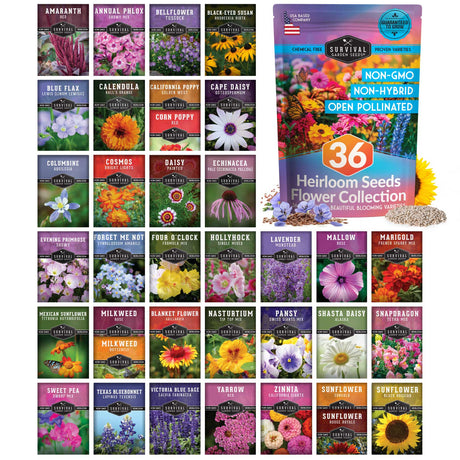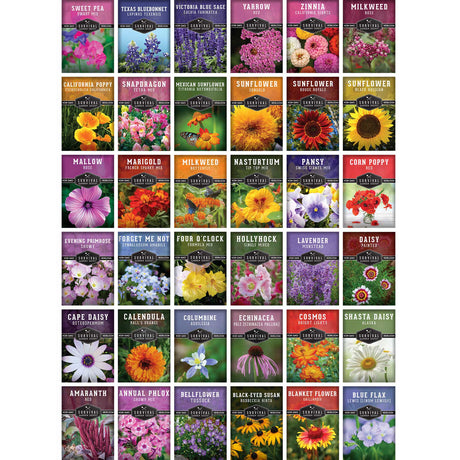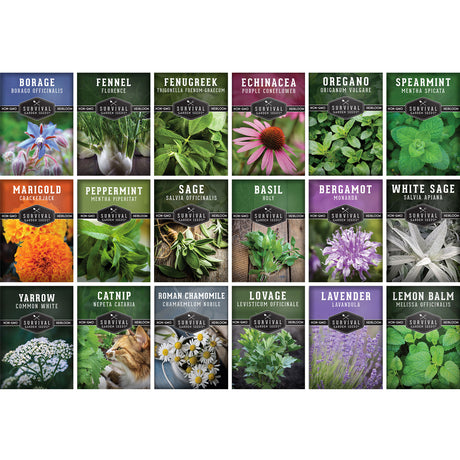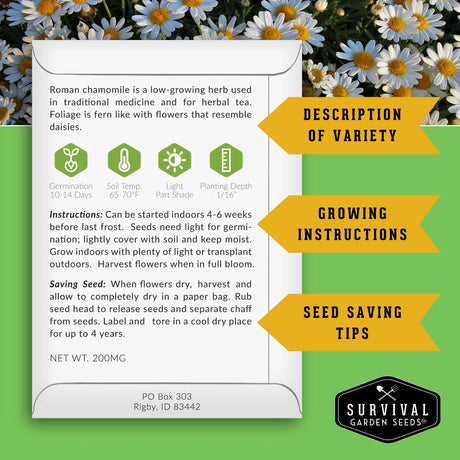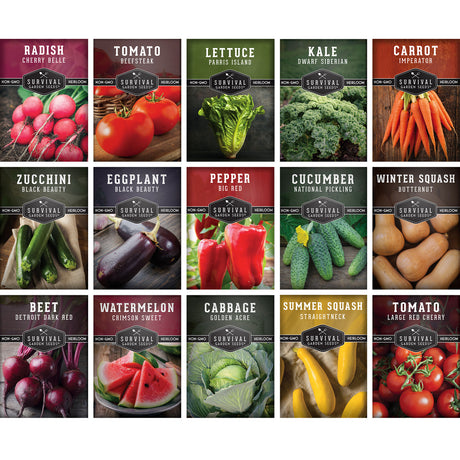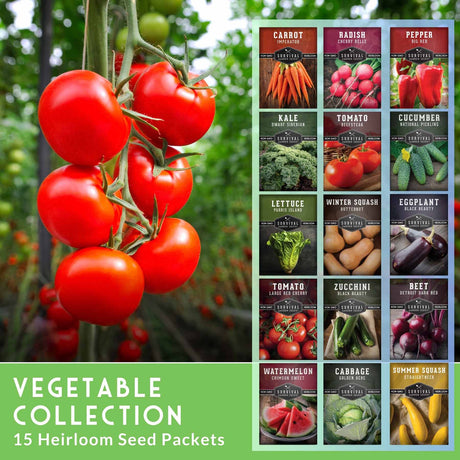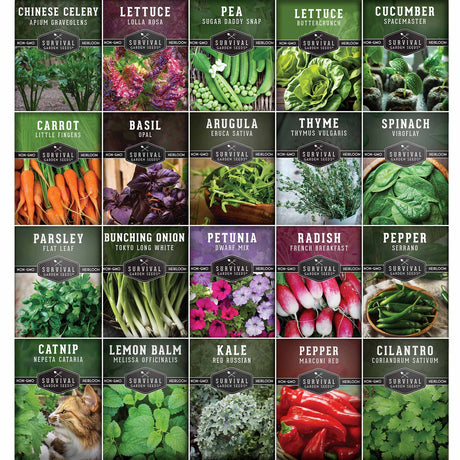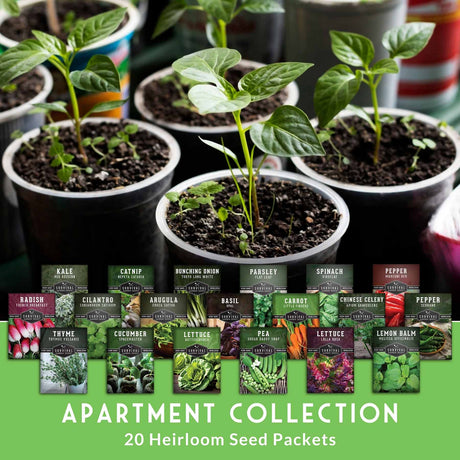Agriculture is the foundation of human civilization. For all of our history, we’ve handed down gardening practices, traditions, and wisdom that have helped feed us and get us through the hard times. Mentors pass down their knowledge and help build community. This generational practice of education and tradition is a key to success in the garden as well as to humanity’s survival.

The last century has seen an enormous shift in American society. In 1935, American farms peaked at about 6.8 million farms. So many of us are only a few generations removed from farm life. Even if they weren’t farmers, our grandparents or great-grandparents usually had a garden plot that supplied a lot of the family’s food. But today, too many people are disconnected from the land and don’t understand where food even comes from. That loss of cultural knowledge could have devastating consequences if we don’t work to reclaim it and pass it down.
An Example of Tradition: The Three Sisters
One example of an ancient tradition that has been passed down for centuries is Three Sisters gardening. Native Americans have grown corn, bean, and squash together for centuries, and there are many legends of the Three Sister spirits. These sister plants thrive together and were always grown, eaten, and celebrated together.
Today, we can see how the Three Sisters are an ideal companion planting trio. Each sister provides something for the others - corn provides support for the beans to grow. Beans grow up the corn stalk and pull nitrogen from the air to enrich the soil. And the little sister, squash, sprawls along the ground, shading the soil to keep it moist and keep weeds out.

Together, they provide a good balance of carbohydrates, protein, and nutrients, too. This cultural tradition also teaches the importance of working together, celebrating one another’s strengths, and why we should pass down our knowledge for the sustenance of all.
Handing Down Heirloom Seeds
Heirloom varieties of seeds are another type of cultural tradition. These seeds have been honed for generations to be delicious and very productive. Eating the same foods as your grandparents ate is a direct connection to the past, especially if you’ve got some recipes that have also been handed down.
Growing the same varieties also makes a lot of gardening sense if you haven’t moved far from where your ancestors did. If you don’t have a family connection to the land, a master gardener or other experienced grower near you can be incredibly valuable. They’ll be able to help you choose varieties that will thrive in your location. They can also teach you all sorts of techniques for successful gardening right where you are.
Finding a Mentor

The most obvious place to look for a mentor is the person you know with a green thumb who is always bringing you the extras from their garden. That might be a family member, a neighbor, or a friend. But if you don’t know anyone like that, there are so many places to find teachers and community. Seed and plant swaps, community gardens, farmer’s markets, and local gardening or horticulture clubs are all filled with experienced gardeners.
Luckily, experienced gardeners are usually very willing to share and pass on their knowledge. They understand why it’s important to teach more people how to grow their own food and how to take care of the land. They get how complicated and rewarding gardening can be, and how together the group can do much more than individuals can alone.
Passing Down Your Own Traditions
Don’t let your own gardening knowledge end with you. When you mentor young gardeners, you pass down important knowledge and you also cultivate relationships and strengthen intergenerational bonds. Your traditions and wisdom will also give future generations a much better chance of surviving, and even thriving, in the face of life’s hardships.


